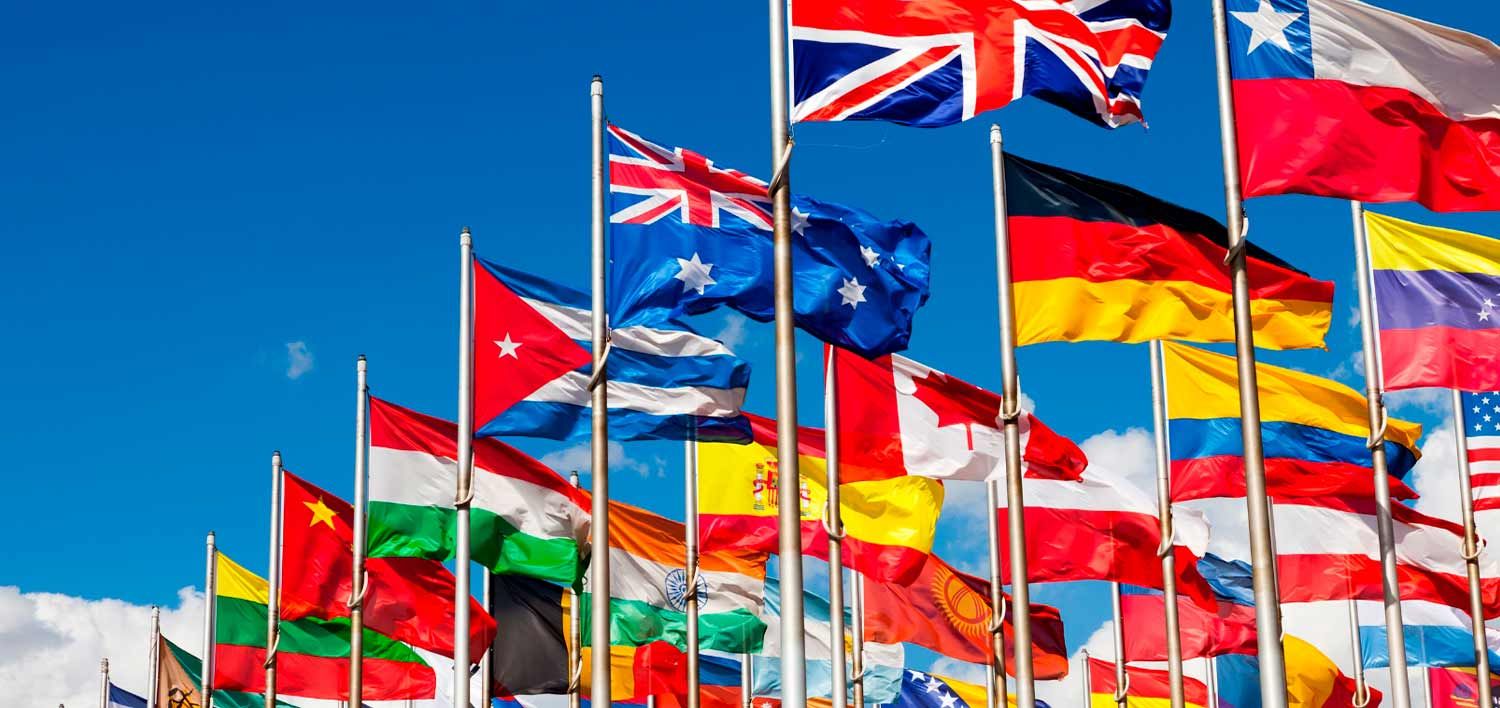If there is one thing that defines life today, it is uncertainty. We are going through crises more and more frequently, jobs and even companies last much shorter than they did ten or twenty years ago, technology is constantly advancing and we can no longer afford to retreat into our comfort zone and long for stability. Life is what it is, and where we will be in the medium term depends to a large extent on our attitude to change today. If we consciously and positively embrace it, if we adopt it (ad-opt means precisely that, choosing to embrace it) we can use it to grow and reinvent ourselves.
 "Crisis" comes from the Greek κρινεΐνη, which means to separate and decide. In Chinese, the word "crisis" (危機) is composed of the characters Wei 危, meaning "danger", and Ji 機 meaning "opportunity". They are two sides of the same coin, and it is all about having the courage to turn it around. Only those who embrace change make real progress.
"Crisis" comes from the Greek κρινεΐνη, which means to separate and decide. In Chinese, the word "crisis" (危機) is composed of the characters Wei 危, meaning "danger", and Ji 機 meaning "opportunity". They are two sides of the same coin, and it is all about having the courage to turn it around. Only those who embrace change make real progress.
The digital revolution has done away with borders, and AI is redefining knowledge in all contexts. Today, a business that wants to succeed must be designed with an international and digital perspective. But internationalisation and digitalisation are a bit of a leap into the unknown, and they are vertigo-inducing. If we want to remain in the driver's seat and steer our business, we need a trust-worthy co-pilot who knows the road.
Asetradius was born in 2005 with the vocation of being that co-pilot. We advise small businesses that share this vision, that want to stay in the game and jump into the international arena, but to do so having done their homework and with a degree of reliability. Our service is international coaching. We accompany companies in the process of internationalisation, helping them:
- In market prospecting and accompanying them on trade missions, to get to know the business culture of the country in which they intend to enter the market. It is essential to incorporate an advisor into the team from the very first contacts, to avoid overlooking issues or making mistakes that could derail the operation due to lack of knowledge. If you want to have some fun, here you will find some examples of disasters caused by intercultural clashes.
- To investigate the legal and regulatory environment in the target country, identifying potential obstacles and obtaining the necessary authorisations and permits. We can also check the availability of public grants and subsidies for the business or operation.
- Once you have found a potential partner, check their existence, solvency and reliability. The Internet is a stormy sea full of hackers who offer opportunities only to harvest data and fraudsters who are plainly out to steal. Fortunately, there are official registries and certificates that make it possible to avoid, or at least mitigate these risks at a reasonable cost through appropriate research. Even if the prospective partner is a genuine company, it is possible that it, its country or its management may appear on international lists that restrict trade with them. It is also worth checking for compliance with regulations such as money laundering, data protection or environmental protection. This is the kind of information you should have available as soon as possible.
- In structuring the deal, to analyse the feasibility of the transaction or business plan, to structure the financing, if necessary, and to design the timing and tasks, to establish a timetable, to prepare confidentiality agreements before sharing information, and to request from the counterparty and analyse the information necessary for the transaction, a process known as due diligence.
- In negotiations, to ensure that, before the start, the right information has been shared to ensure that meetings will be fruitful; that, once started, we know where we want to go, we know who to approach and how, whether in person or in writing, so as not to offend sensitivities, and we can manage the timing and communications to reach a successful closing, smoothly and as quickly as possible. A successful first transaction can, and usually does, form the basis for a long-lasting and mutually profitable relationship.
- As the business grows, to recognise and define the company's management style and modus operandi, to create a corporate vision and culture that contributes to our client's brand image and goodwill; to develop standardised policies and procedures and internal codes to ensure regulatory compliance and to obtain quality certificates, which can open many doors.
- And in mergers and acquisitions, to do due diligence, to assess the possible synergies offered by the combination of resources, teams and markets; to establish the respective goals and negotiating leverage of the parties involved; to obtain, where appropriate, competition or other administrative authorisations; to check the compatibility of the respective business cultures and objectives so as to increase the transaction’s chances of success; to prepare the documentation and to negotiate to get to "yes", so that everyone is satisfied with the resulting entity.





